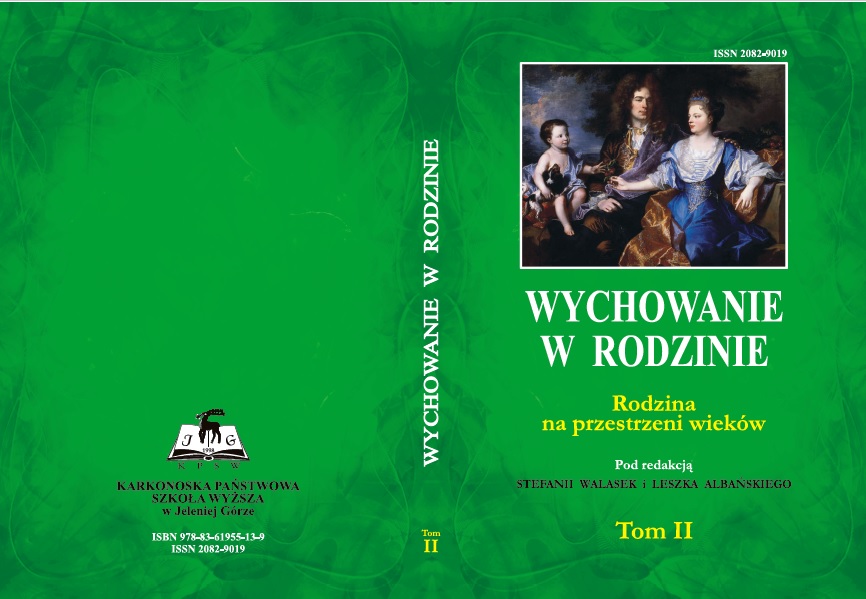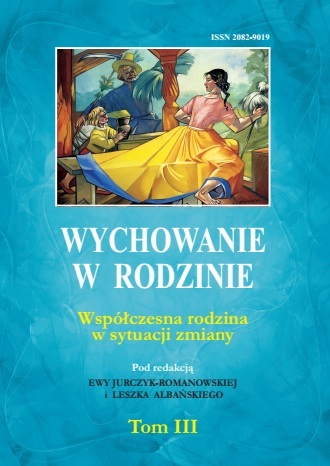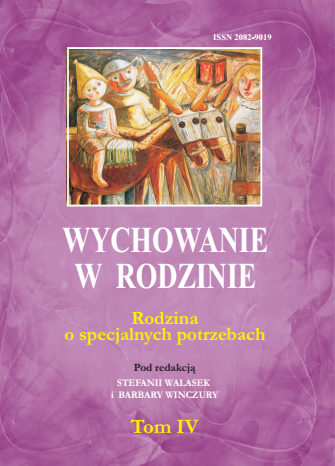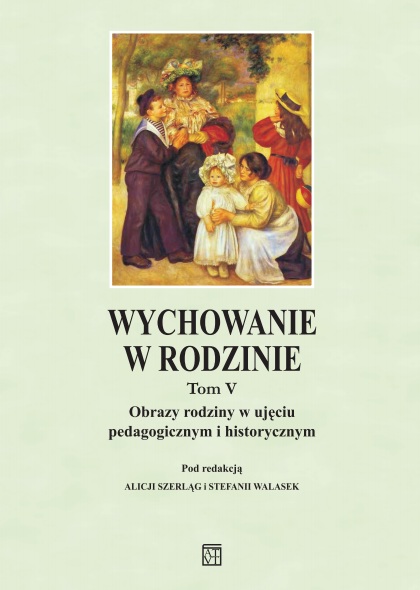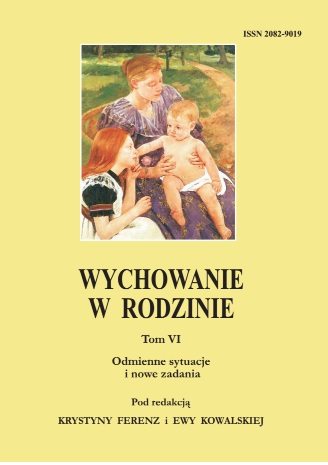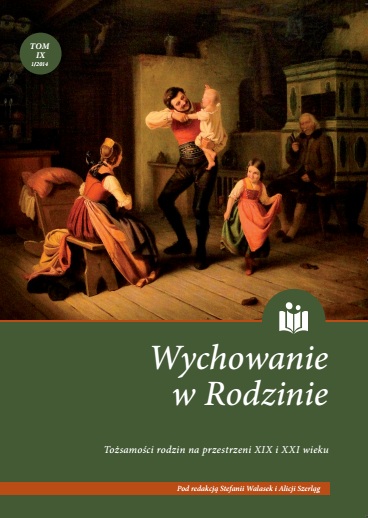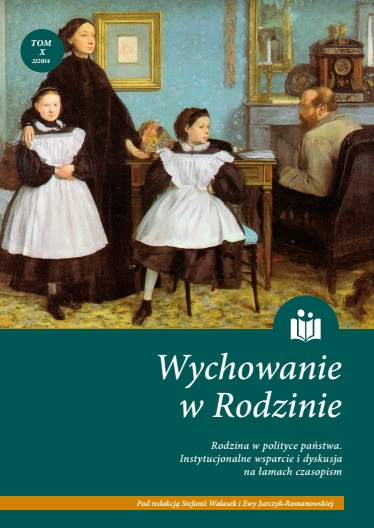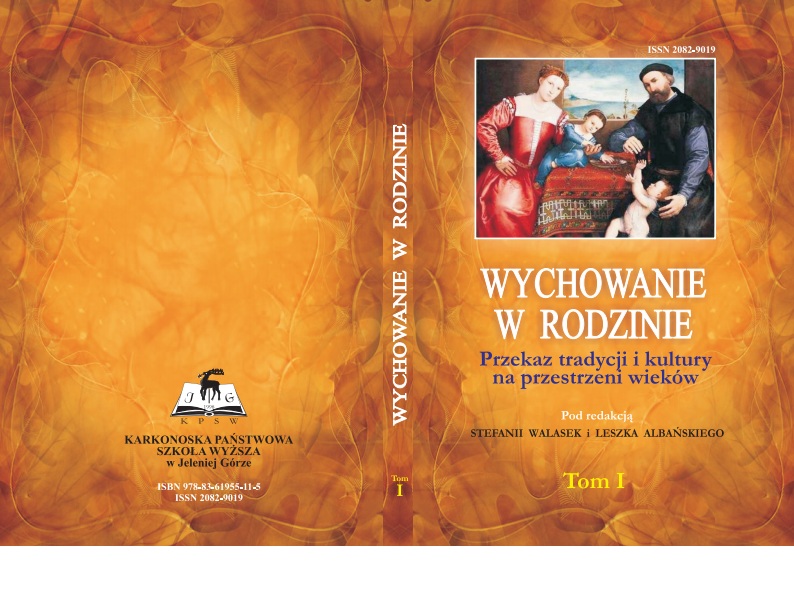
The Phenomenon of a Burgher Family in the Early Modern Period
The Phenomenon of a Burgher Family in the Early Modern Period
Keywords: family; the position of woman and man
The function of a burgher family passed through changes depending upon historical conditions and power relations. Every family member had its social rolewith in the family framework. Family members followed stabilisedpattem ofbehaviourinfluenced by personal motivation. In the era of the early modem period the original forms of social life of the burghers passed through weakening and a polarisation of the male and female role was strengthening. That was the beginning of a gradual divisionprocess of home and public sphere leading to a formation of a burgher model of traditionalroles of husband and wife. These changes were being reflected in gradualtransferring of productive eaming activities from the home sphere to the public sphere. In the pre-industrial phase of early modem period the burgher women, particularly those that took part in productive and economic entrepreneurial activities with their husbands, were relatively more independent and free than the women in industrial period when the role of women was understood as a guardian of the family hearth. With the modemisation and democratisation of the society a burgher model of a good wifeand a polarisation of both genders were gradually pushing ahead. The dependence of the wife on the husband was not economic only. The wife had to subordinate her lifeplans to the career of her husband in public sphere and concentrate to the home sphere.
More...
